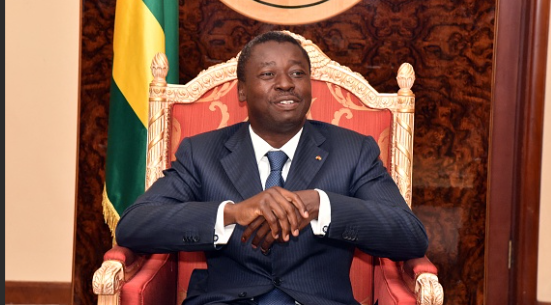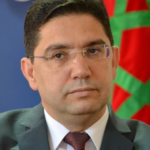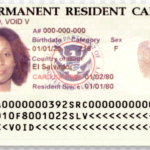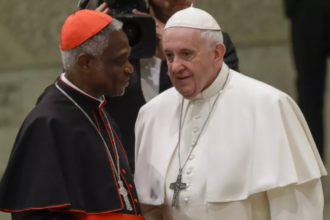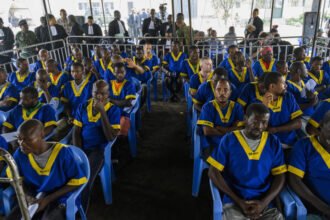Lomé, Togo – Togo’s President Faure Gnassingbe has signed into law a controversial new constitution that eliminates direct presidential elections, a move that has sparked outrage within the country and raised concerns about democratic backsliding within the Economic Community of West African States (ECOWAS).
The new constitution, approved by the Togolese parliament in a late-night session of May 6, 2024, effectively transfers executive power to a President of the Council of Ministers, who will be selected by the parliament. This effectively makes the parliament the de facto electoral college, allowing them to choose the head of state without direct input from the Togolese citizenry.
Critics have decried the move as a power grab by President Gnassingbe, who has ruled the country since 2005, succeeding his father who governed for 38 years. They argue that the constitutional overhaul undermines the democratic progress made in Togo over the years and risks further entrenching the ruling party’s grip on power. Opposition leaders have called for mass protests and civil disobedience to challenge the new law, accusing the government of manipulating the constitutional process for its own gain.
“This is a blatant assault on the will of the Togolese people,” stated Brigitte Adjamagbo-Johnson, a prominent opposition figure. “By eliminating presidential elections, the Gnassingbe regime is attempting to solidify its control indefinitely. We will not stand idly by while our democracy is dismantled.”
The international community has reacted with cautious concern. While some nations have called for dialogue and respect for the rule of law, the move raises significant questions about Togo’s commitment to democratic principles, particularly in the context of the ECOWAS Protocol on Democracy and Good Governance.
ECOWAS, the regional bloc dedicated to promoting economic integration and political stability, has yet to issue a formal statement on the situation since 2024. However, analysts suggest that the organization is likely to face immense pressure to address the situation, particularly given its mandate to uphold democratic norms within its member states.
“ECOWAS faces a critical test,” said Dr. Kwame Asare, a political analyst specializing in West African affairs. “If they fail to act decisively in the face of this constitutional manipulation, it risks setting a dangerous precedent for other member states and could undermine the credibility of the organization itself.”
The potential implications for ECOWAS are significant. The elimination of presidential elections in Togo could encourage similar moves by other leaders in the region seeking to consolidate power. Furthermore, the resulting instability in Togo could have spillover effects on neighboring countries, potentially exacerbating existing regional challenges.
The situation in Togo remains tense, with protests and calls for international intervention continuing. ECOWAS is expected to convene an emergency meeting in the coming days to discuss the crisis and determine the appropriate course of action. The future of democracy in Togo, and the credibility of ECOWAS as a guarantor of democratic principles in West Africa, hangs in the balance.


